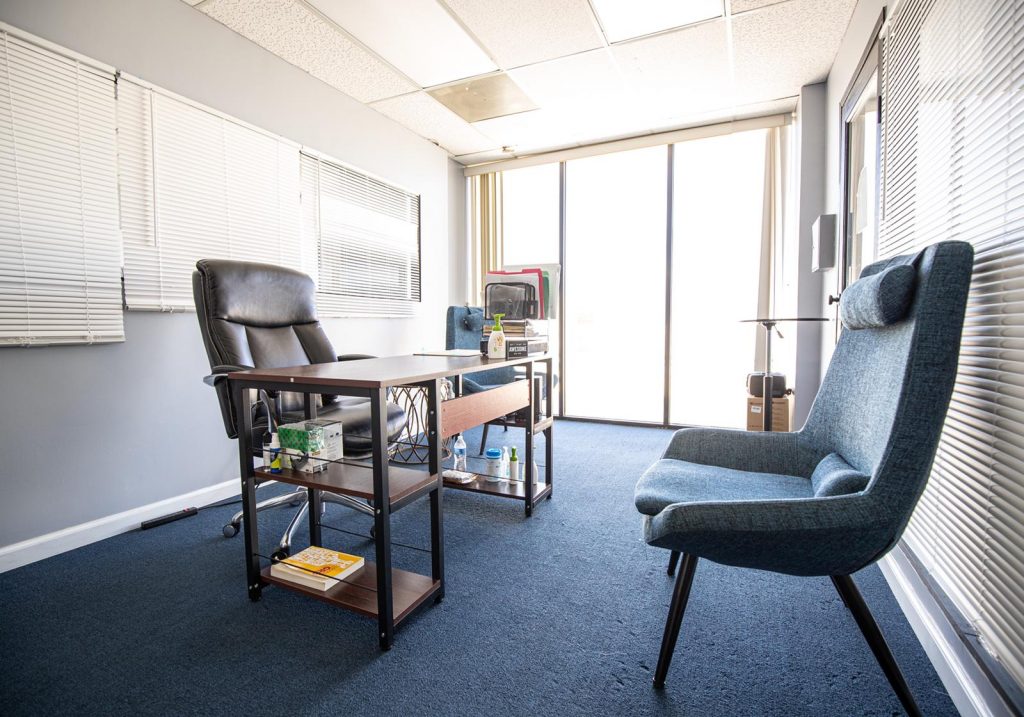Phase Two ATC in Encino is a state-of-the-art addiction treatment program that offers partial day, intensive outpatient and outpatient levels of care for those suffering from substance abuse and mental illness. What makes Phase Two ATC unique is our dedicated staff, who, both professionally and personally have experience with treating and overcoming substance abuse.
WE ARE PHASE TWO ATC
Have you ever heard that anything in life worthy of pursuing is not easy?
Recovering from alcohol and/or substance abuse is certainly worth doing and is not simple. True recovery offers many more gifts than just a temporary release from the consequences of abuse. However, the journey begins with this relief. Phase Two ATC understands this journey and the best tools needed to prepare those on this path. We utilize proven treatment methods combined with customization for each individual client within a private setting. Our goal and desire is for each client to recover and experience a rich, satisfying life.
WHAT MAKES PHASE TWO ATC DIFFERENT THAN OTHER REHABS?
When it comes to choosing a drug and alcohol treatment center in Los Angeles, it can be overwhelming, to say the least.
While there are plenty of options, we believe that Phase Two ATC is your best choice. We have a small and intimate treatment program which allows our staff to focus on the only thing that matters, your recovery.
When we crafted the treatment program at Phase Two ATC we knew, from personal experience, that an evidence-based program in a small setting was going to provide the best possible chances of recovery for our clients.
- Small, intimate setting located in beautiful Encino, Los Angeles from the shopping, schools, meetings and more.
- 3 to 1 client to staff ratio, which means each client gets thorough treatment and therapy.
- A unique mix of traditional, modern, holistic and advanced therapies that are utilized when treating each client’s unique core issues and needs.
- True dual-diagnosis treatment. We believe each client should be treated for all the issues that lead to their addiction issues, including mental illness.

